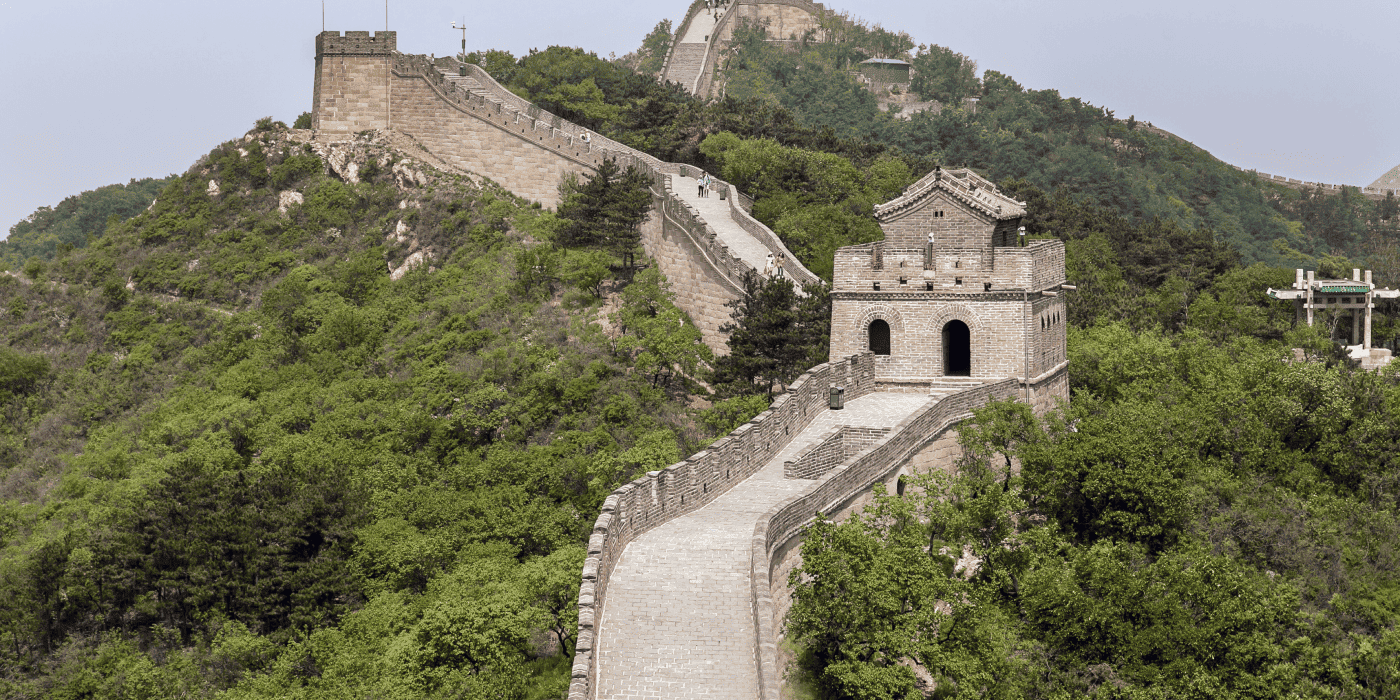
Feng Shui comes from old Chinese ideas and beliefs. It is now known worldwide and affects design and language today. You may hear its ideas in phrases like “energy flow” or “balance and harmony.” CNN talks about Feng Shui in building and decorating. They show how placing things can bring joy and luck. This practice connects Eastern and Western cultures. It changes how people talk about space, energy, and feeling good. By learning about 风水相关英文表达-CNN news, you can see how these phrases show values of peace and positivity.
Feng Shui helps create balance by organizing spaces for energy flow. This can improve health and happiness.
Words like ‘energy flow’ and ‘clutter-free’ show how Feng Shui shapes modern design and tidiness.
Feng Shui impacts home prices; houses with good Feng Shui are more wanted and sell for more money.
CNN links Feng Shui to eco-friendly living, using terms like ‘balance and harmony’ to support sustainability.
Learning Feng Shui ideas can make your home calmer and more welcoming.
Feng Shui is an old Chinese tradition. It helps people live in harmony with their surroundings. It focuses on arranging spaces to let qi, or energy, flow freely. This energy is thought to affect health, happiness, and success. Long ago, Feng Shui was used to decide where to build homes and tombs. This shows its strong cultural importance. Today, it is popular in interior design, especially in Western countries. It highlights balance and feeling good in spaces.
Aspect | Description |
|---|---|
Historical Use | Feng Shui helped choose spots for buildings and tombs, showing its cultural value. |
Contemporary Interpretation | In Western countries, Feng Shui is now about decorating homes for health and wealth. |
Spiritual Beliefs | Traditional Feng Shui connects to honoring ancestors and unseen forces. |
Scientific Classification | Feng Shui is seen as pseudoscience because it lacks scientific proof. |
Feng Shui is based on ideas like balance, harmony, and energy flow. These ideas have shaped how people talk about spaces and feelings in English. For example, terms like “positive energy” come from Feng Shui ideas. The practice also uses predictions and math to guide energy flow. You might see these ideas in tips about cleaning up or making calm spaces.
Feng Shui works with qi, a type of energy.
It aims to match the universe’s harmony by placing objects well.
It uses predictions and math to guide energy flow.
Feng Shui connects Eastern and Western cultures. Its ideas have changed how people think about design, health, and even business. In Western media, like 风水相关英文表达-CNN news, Feng Shui is often mentioned in talks about home design, real estate, and eco-friendly living. This shows how its ideas have crossed cultures and shaped modern English words and values.
The phrase “energy flow” is often used in Feng Shui. It explains how qi, or energy, moves in a room. In design, it means arranging furniture to let energy move easily. For example, putting a sofa in the center of a room might block energy. Designers use this idea to make spaces feel open and friendly.
In English, “energy flow” is also a metaphor. It describes how well things work together. For example, a neat office might have good energy flow. This phrase shows how space can affect mood and work.
The term “clutter-free” comes from Feng Shui teachings. Clutter stops energy flow and causes stress. A clean home lets good energy move freely. This word is now common in cleaning and organizing tips.
When people say “clutter-free,” they mean more than just clean. It also means a calm and peaceful place. CNN often talks about this idea in home design. It shows how Feng Shui shapes modern living.
CNN often writes about Feng Shui in home design. Articles share tips like adding plants near windows for good energy. They also suggest mirrors to make rooms feel bigger and brighter.
CNN includes quotes from designers who value balance. For instance, one designer might say, “A balanced room helps a balanced mind.” These quotes show how Feng Shui ideas guide today’s design trends. They remind us that good spaces can improve how we feel.
Feng Shui affects how people see home value. Words like “good fortune” are common in real estate talks. Many believe homes with good Feng Shui bring happiness and wealth. For example, houses facing water or in lucky spots are seen as better. Buyers often pay more for these homes, hoping for a better life.
Today, Feng Shui links to cultural respect and nature. Ideas like “feng shui woods” show this connection. These concepts mix tradition with modern real estate choices.
Luxury homes often use Feng Shui to attract buyers. Features like open spaces, sunlight, and water are highlighted. These match Feng Shui ideas, making homes more desirable. A house with smooth energy flow may be called peaceful and successful.
CNN often mentions how Feng Shui adds value to fancy homes. Articles show how these ideas create calm and welcoming spaces. This proves Feng Shui is now a global trend in housing.
Feng Shui can cause legal problems. CNN has shared stories of buyers suing sellers over bad Feng Shui. For instance, homes near cemeteries or with bad histories are seen as unlucky. Buyers argue these things lower the home’s worth.
These cases show how important Feng Shui is to some people. They also reveal how beliefs affect legal choices. Such stories highlight Feng Shui’s growing role in Western culture.
In legal talks, “bad energy” is often used. It describes homes with negative feelings or poor Feng Shui. For example, a house with bad energy might not sell well. Lawyers and agents use this term to explain such issues.
CNN articles discuss how these phrases reflect beliefs. They show how Feng Shui terms are now part of legal and business words. This trend shows Feng Shui’s big impact on modern communication.
The phrase “balance and harmony” is common in nature talks. Feng Shui teaches these ideas, urging people to live with nature. Experts use this phrase when discussing saving ecosystems or building green spaces. For example, a park with balance might have trees, water, and open areas. This shows Feng Shui’s idea of harmony between people and nature.
Environmental studies also connect Feng Shui to sustainability. For example, Feng Shui forests protect animals and old trees. These ideas show how balance and harmony help care for the Earth.
“Positive energy” is another idea from Feng Shui. It means the good feeling from clean, green places. Green habits, like planting trees or recycling, create this energy. For example, a solar-powered house might feel positive because it helps people and nature.
CNN often uses this term in eco-friendly stories. Articles may say renewable energy brings positive energy to towns. This shows how Feng Shui ideas shape modern views on saving the planet.
CNN links Feng Shui to eco-friendly living often. Articles talk about designs that save energy, like homes with natural light. These designs help the planet and make homes healthier.
Studies back this up. Research shows Feng Shui forests protect nature and animals. This proves Feng Shui helps with sustainable actions.
CNN uses Feng Shui words to explain climate issues. Phrases like “restoring balance” or “harmony with nature” are common. These words make hard topics easier to understand. For example, replanting trees might be called restoring balance to Earth. This language shows why working with nature is important.
Study/Source | Findings |
|---|---|
Feng Shui and Landscape Ecology | Feng Shui helps save old forests, linking it to sustainability. |
Integrated Study on Ecocultural Heritage | Feng Shui forests protect nature and bring people closer to it. |
Evaluation Studies on Feng Shui | Feng Shui ideas match green designs, showing its value in eco-thinking. |
By using Feng Shui phrases, CNN connects culture to nature problems. These words inspire action and remind us to live in harmony with Earth.
Feng Shui words influence thoughts on design, business, and nature. Phrases like “harmony” and “positive energy” show ideas of success. These terms are used in home design, legal talks, and nature topics. CNN helps spread these ideas in modern English. Feng Shui connects different cultures through shared values. Learning about 风水相关英文表达-CNN news shows how language changes worldwide.
Feng Shui means “wind” and “water.” It shows nature’s balance. It’s about arranging spaces to bring peace and success.
CNN uses words like “energy flow” and “balance.” These terms explain design, business, and nature topics. They show how harmony helps modern life.
Yes! Feng Shui can help you organize your home. It can also boost focus or make spaces calm. Small changes like cleaning or adding plants can help.
Feng Shui affects home value and buyer choices. Homes with good Feng Shui sell quickly. Features like sunlight or water views attract buyers.
Feng Shui supports living in balance with nature. It inspires eco-friendly designs and green habits. CNN shares these ideas to promote caring for Earth.

Explore the Real China.
Top Destination
Information